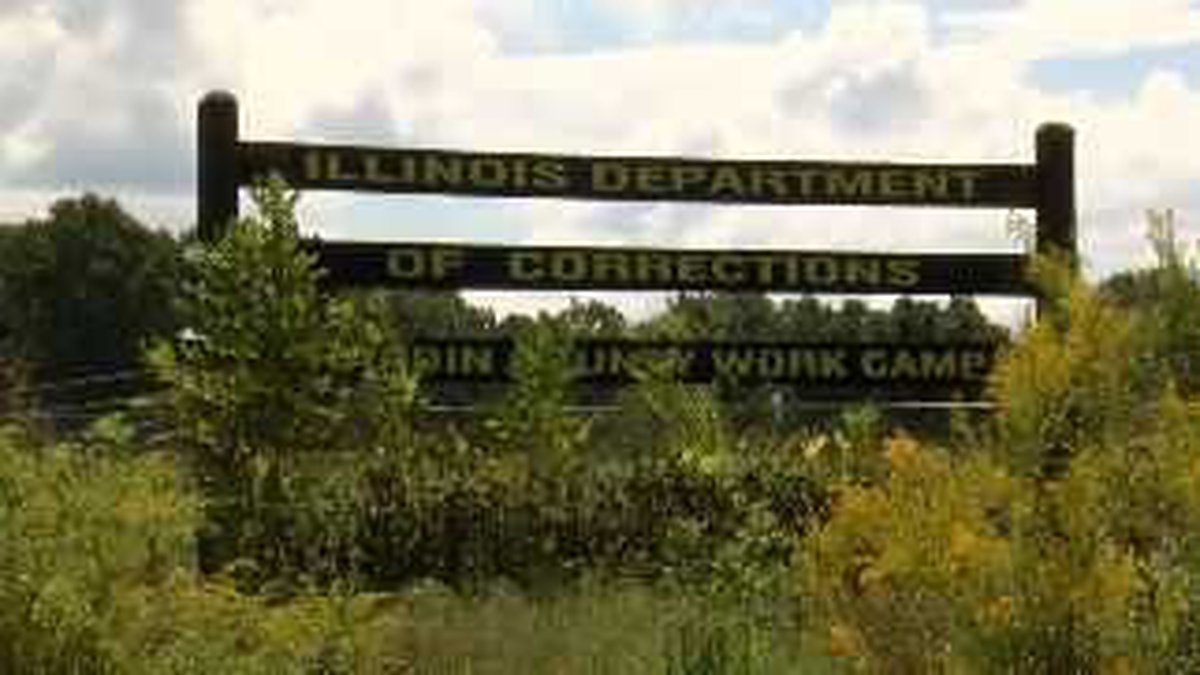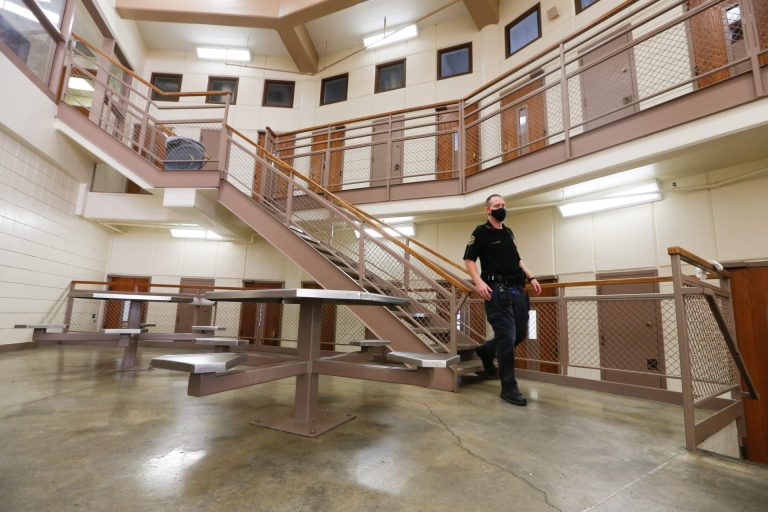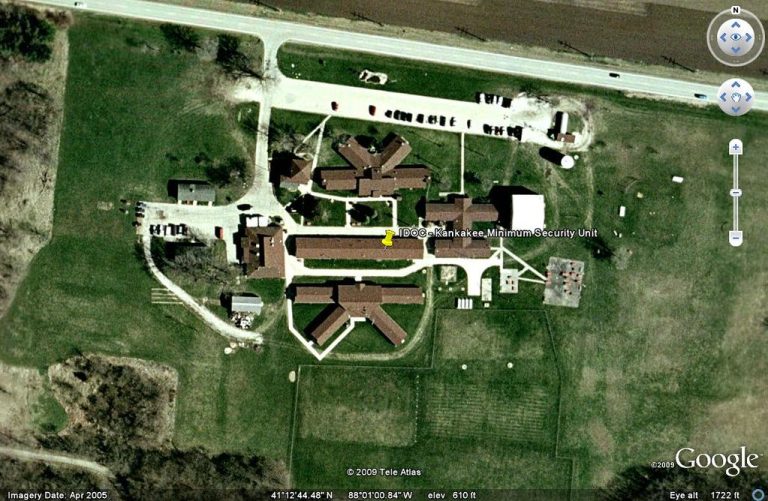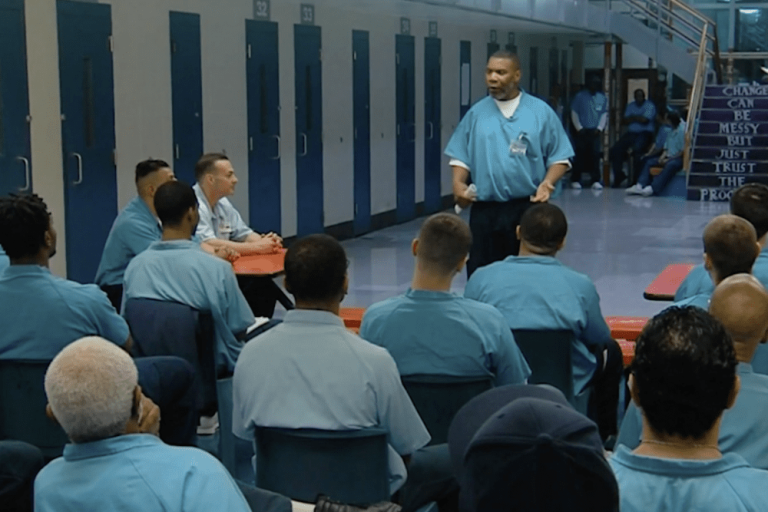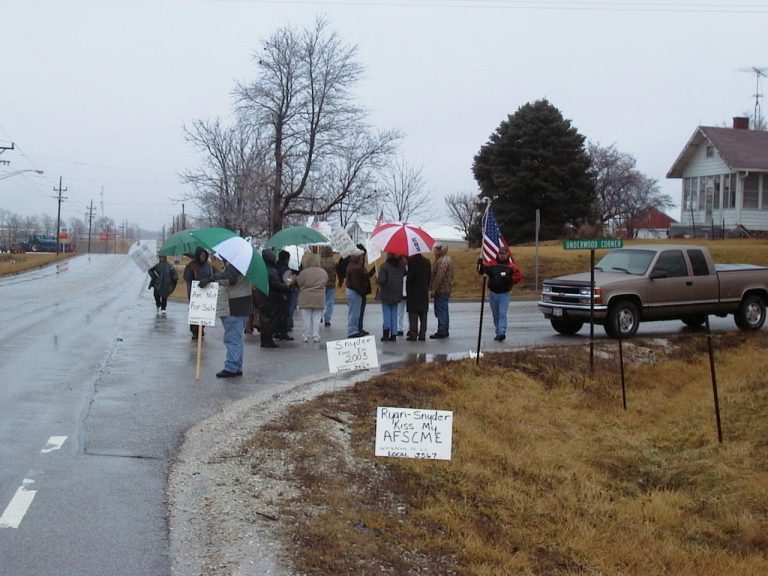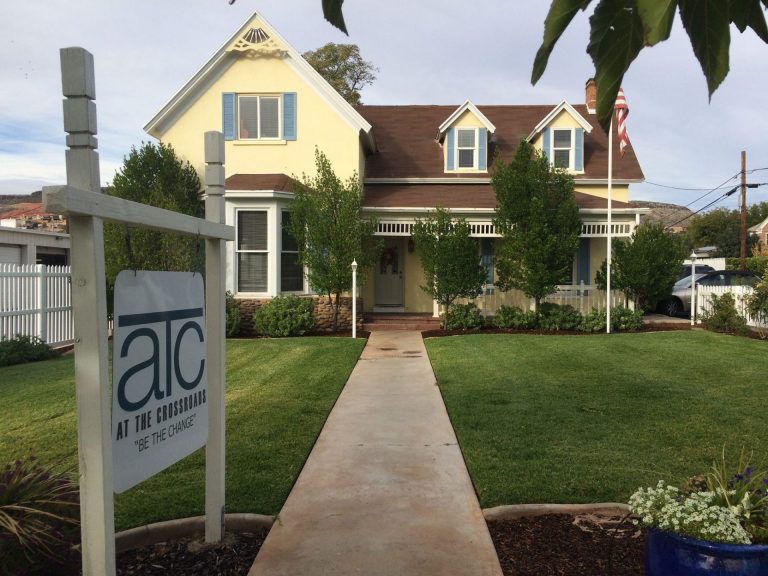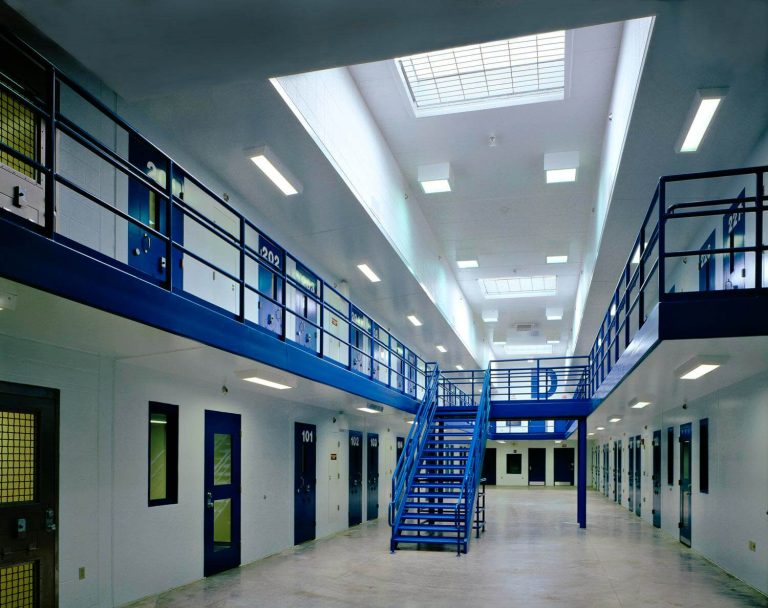Hardin County Work Camp
The Hardin County Work Camp is a unique correctional facility aimed at providing inmates with opportunities for personal growth, rehabilitation, and community reintegration. Located in Hardin County, this innovative institution has gained recognition for its forward-thinking approach towards inmate rehabilitation and reducing recidivism rates. In this article, we will explore the various aspects of the Hardin County Work Camp, including its history, programs, impact, and future plans.
Introduction to Hardin County Work Camp
The Hardin County Work Camp is not your typical correctional facility. Instead of focusing solely on punishment, the work camp aims to create a rehabilitative environment that allows inmates to develop new skills, gain work experience, and rebuild their lives. By providing meaningful work assignments and comprehensive programs, the work camp helps inmates prepare for successful reentry into society.
History and Background of the Work Camp
The Hardin County Work Camp was established in 2005 as a response to overcrowding in traditional correctional facilities and a need for alternative sentencing options. The camp was built with the vision of creating a safe and productive environment where inmates could learn discipline, responsibility, and valuable life skills.
Purpose and Objectives of the Work Camp
The primary purpose of the Hardin County Work Camp is to reduce recidivism rates by addressing the underlying causes of criminal behavior and equipping inmates with the necessary tools for successful reintegration into society. The work camp aims to break the cycle of crime by providing inmates with education, vocational training, and opportunities for personal growth.
Facilities and Amenities at the Work Camp
The work camp is situated on a spacious campus that offers a range of facilities and amenities to support inmate rehabilitation. The living quarters are designed to promote a sense of responsibility and personal accountability, with dormitory-style housing that encourages a supportive community atmosphere. The campus also includes recreational areas, a library, classrooms, and a chapel for spiritual guidance and counseling.
Programs and Services Offered at the Work Camp
The Hardin County Work Camp offers a comprehensive range of programs and services to address the diverse needs of its inmate population. These include educational programs, vocational training, substance abuse counseling, mental health services, and life skills workshops. Inmates are encouraged to participate actively in these programs to enhance their chances of successful reintegration.
Inmate Work Assignments and Projects
At the heart of the work camp’s philosophy is the emphasis on productive work assignments for inmates. Inmates are involved in various projects, such as road maintenance, construction, agriculture, and community service. These work assignments not only provide valuable skills and work experience but also instill a sense of responsibility and self-worth.
Impact and Benefits of the Work Camp on Inmates
The Hardin County Work Camp has demonstrated significant positive impacts on the lives of its inmates. Through the programs and opportunities provided, inmates develop essential life skills, improve their employability, and gain a sense of purpose and self-esteem. Many former inmates credit their time at the work camp as the turning point in their lives, enabling them to break free from the cycle of crime.
Community Involvement and Partnerships
The work camp actively engages with the local community and establishes partnerships with various organizations, businesses, and educational institutions. These collaborations enable inmates to connect with the outside world, access resources, and build a support network. Community involvement also promotes understanding, acceptance, and the belief in second chances for individuals who have committed offenses.
Staffing and Security Measures at the Work Camp
The Hardin County Work Camp employs a dedicated team of trained professionals, including correctional officers, counselors, educators, and support staff. Strict security measures are in place to ensure the safety of both staff and inmates. These measures include regular monitoring, surveillance systems, and adherence to strict protocols and procedures.
Recidivism Rates and Success Stories
One of the key measures of the work camp’s effectiveness is its impact on reducing recidivism rates. Studies have shown that inmates who complete their sentences at the work camp have lower rates of reoffending compared to those in traditional correctional facilities. Success stories abound, with former inmates finding stable employment, rebuilding relationships, and becoming productive members of society.
Challenges and Criticisms of the Work Camp
While the Hardin County Work Camp has achieved considerable success, it is not without its challenges and criticisms. Some argue that the work camp’s focus on rehabilitation may be seen as too lenient by the public and fail to provide adequate punishment. Others raise concerns about the potential for exploitation of inmate labor or the limited resources available for comprehensive programs.
Future Plans and Developments
As the Hardin County Work Camp continues to evolve, there are ongoing plans and developments to enhance its effectiveness. This includes expanding educational programs, establishing post-release support networks, and exploring partnerships with local businesses for employment opportunities. The work camp remains committed to its mission of breaking the cycle of crime and helping individuals rebuild their lives.
Conclusion
The Hardin County Work Camp serves as a shining example of a progressive approach to inmate rehabilitation. By focusing on personal growth, skills development, and community reintegration, the work camp offers a path to redemption and a chance for individuals to turn their lives around. Through its comprehensive programs, dedicated staff, and community partnerships, the work camp continues to make a positive impact on inmates’ lives and society as a whole.
FAQ
FAQ 1: How are inmates selected for the Hardin County Work Camp?
Inmates are selected for the Hardin County Work Camp based on several factors, including their behavior, willingness to participate in programs, and the nature of their offense. The selection process involves an assessment by correctional staff to ensure that individuals who can benefit from the work camp’s rehabilitative approach are given the opportunity to participate.
FAQ 2: Can family members visit inmates at the work camp?
Yes, family members can visit inmates at the Hardin County Work Camp. The work camp recognizes the importance of maintaining family connections during incarceration. There are specific visitation schedules and guidelines in place to ensure the safety and security of both visitors and inmates.
FAQ 3: Are there any educational programs available for inmates?
Yes, the Hardin County Work Camp offers a range of educational programs for inmates. These programs include adult basic education, GED preparation, vocational training, and college courses. The work camp believes in the transformative power of education and provides opportunities for inmates to improve their literacy, numeracy, and job-related skills.
FAQ 4: What happens to inmates after they complete their sentences at the work camp?
After completing their sentences at the Hardin County Work Camp, inmates are provided with support and resources to aid in their transition back into the community. This may include assistance with finding housing, employment opportunities, continued counseling, and access to community-based programs that promote successful reintegration.
FAQ 5: How can individuals support or volunteer at the Hardin County Work Camp?
Individuals interested in supporting or volunteering at the Hardin County Work Camp can explore various options. This may include volunteering as a mentor, facilitating workshops, providing job training, or offering resources and support to inmates. To get involved, individuals can contact the work camp administration or explore community organizations that work in partnership with the facility.

